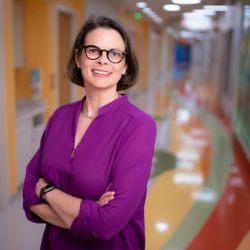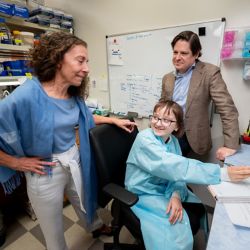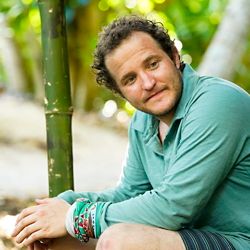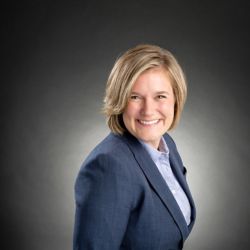Tips for Parents from a Physician and Childhood Cancer Survivor
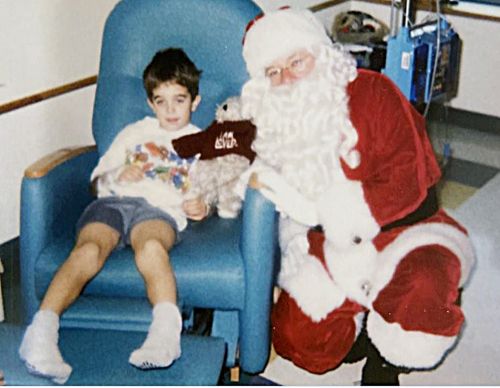
Brad Muller began treatment for T-cell acute lymphoblastic leukemia in December of 1998. Soon afterward, he decided to pursue an oncology career.
When I was 7 years old, I had flu-like symptoms for about 3 weeks. My doctor thought I had a virus. But then I started having problems breathing. Blood work and a chest x-ray showed that I had T-cell acute lymphoblastic leukemia (ALL). A giant mass in my chest was pushing on my lungs, making it hard to breathe. Treatment at a Chicago hospital included chemotherapy and radiation to my brain and spinal cord. It was a traumatic experience, and I remember it all clearly.
During treatment, I got close to my oncologists. When I was about 8 years old, I decided that I wanted to be one when I grew up. My career choice has not changed since. I went to college and medical school, followed by a residency at the Johns Hopkins Hospital.
Today, I work at St. Jude Children’s Research Hospital as a clinical fellow. My research focus is taking care of kids with T-cell ALL and finding better therapies for them. I have truly come full circle. I want my research to help kids who are just like me. That is why I am here.
From physician to patient advocate
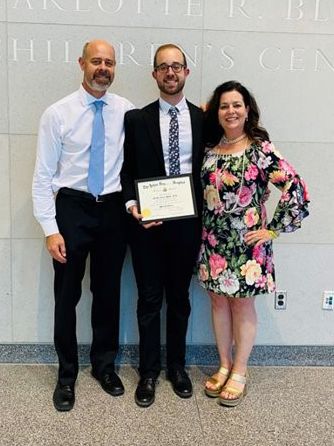
When Brad Muller gives advice to parents, he draws on his professional experience as well as memories of how his own parents (shown here at his graduation) supported him.
I am also a patient advocate for the National Comprehensive Cancer Network (NCCN). It is a national group that involves lots of world experts. We publish guidelines every year for the treatment of ALL. These guidelines are used nationally to share how ALL should be treated. They are also used internationally so people in other parts of the world can adapt our treatments.
I am both a childhood cancer survivor and an oncologist, which is unusual. I think it's important for a family with a child newly diagnosed with ALL to see a survivor who understands them and is leading a productive life as an adult. Being a patient advocate also lets me help parents be advocates for their kids.
How to support your child during treatment
Some of the tips I share with parents come from my experience as an oncologist, but others come from watching my mom and dad when I was a patient. Here are a few suggestions to help you support your child through cancer treatment:
- Stay organized: Keeping things organized is super important. My mom always carried a notebook. She jotted down questions for my care team. She kept a calendar to make sure that I got to my appointments on time. And she kept a list so that I got the right medicines at the right time. It's not just the nurse’s job to make sure that your child gets their medicines on time. You should double-check everything.
- Be honest with your child—even if they are young: If they are going through treatment for years like I did, they're going to know that something is wrong. Even for 5- or 6-year-olds, it is important to use the term cancer or leukemia and explain it in ways that they can understand. Your child needs to know what is going on with their body. That will help them cope with their illness.
- Encourage your child: Tell them you love them. Tell them they are strong. Saying it out loud is meaningful to your child.
- Take care of yourself: Stay active, eat well, and keep an open mind so that you can be there for your child. After you get the news of your child’s diagnosis, be gentle with yourself. It will take a while to get used to the treatment routines and schedules. Take one day at a time.
- Write down questions and ask lots of them: In general, medical professionals are not the best at speaking clearly and simply. Ask them to explain the medical terms they use. Ask them what your child’s medicines are. Ask them to explain medical concepts and treatments on a level you can understand.
- Find support groups: At a childhood cancer treatment center, you are probably going to find other kids who have the same illness your child has. I find it is helpful for parents and patients to learn to cope through talking with others.
Patient Webinar: Pediatric Acute Lymphoblastic Leukemia
If you have ALL or are the parent of a child with ALL, I invite you to watch this patient webinar hosted by the National Comprehensive Cancer Network (NCCN). I was a panel member along with oncologist Hiroto Inaba, MD, PhD, and nurse practitioner Ashley Holland from St. Jude Children’s Research Hospital.


